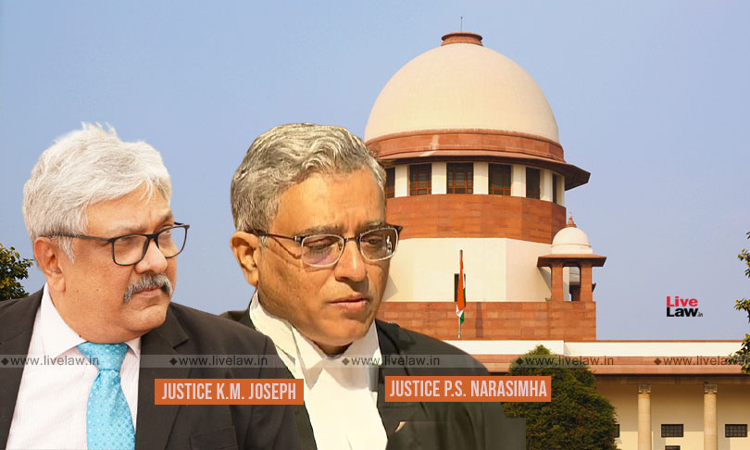Supreme Court Upholds Rejection Of Candidature To Judicial Post Citing Absence Of 'Honourable Acquittal' In Criminal Case
Ashok KM
24 Sept 2021 7:34 PM IST

The Court observed that common man's perception about credentials of judicial officer is vital and the lack of honourable acquittal will undermine public faith.
Next Story


